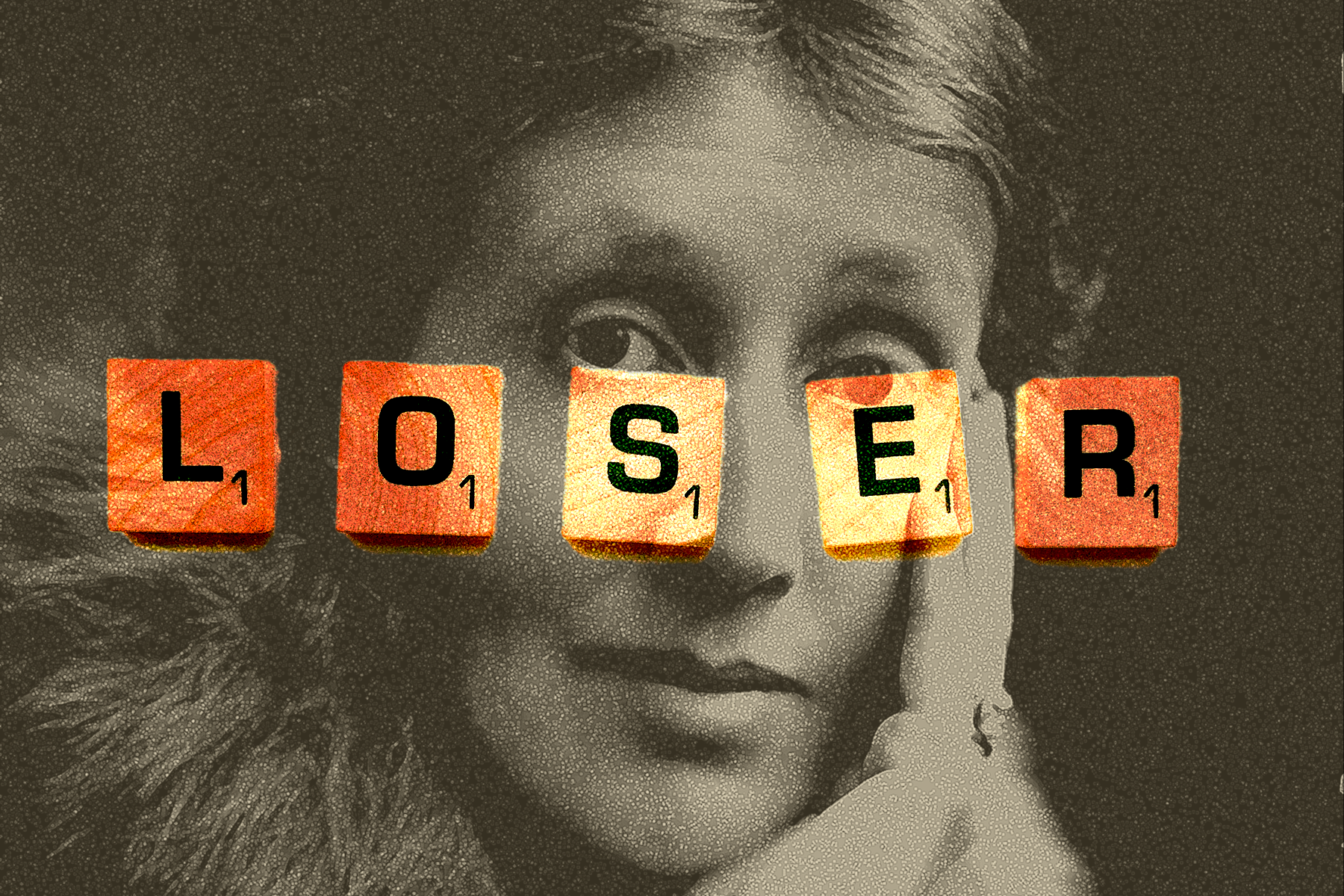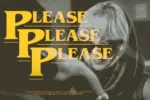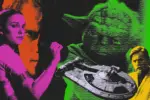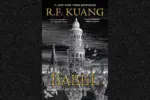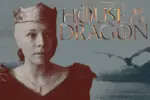“I detest the masculine point of view,” wrote feminist scholar Virginia Woolf in her essay, The Pargiters. “I am bored by his heroism, virtue and honour. I think the best these men can do is not talk about themselves anymore.” But, what about the white feminist point of view?
Regarded as a face of feminism, English writer Virginia Woolf’s radical criticisms of economic disparities and gender roles under the patriarchy transformed the voice of women in academia and literature. She had no reservations pointing out the ignorance of economic misogyny and educational discrimination, publishing her staple essays, “A Room of One’s Own” and “Three Guineas.“
Despite the revolutionary ideas presented in “A Room of One’s Own” and “Three Guineas,” Woolf’s history of blatant racism, anti-semitism and xenophobia adds more to her character than is presented in her legacy. University scholars and young women around the world respect and admire Woolf as a pioneer in feminism while disregarding her privileged feminist beliefs.
Rather than worship Woolf as a feminist icon, her legacy must be perceived from a well-rounded approach which acknowledges her feminism as thought-provoking and influential yet exclusive .
In both “A Room of One’s Own” and “Three Guineas,” Woolf focuses on the rights of the daughters of educated men. Such women contribute to literary fiction in profound ways men do not. Such women, if economically supported, can contribute to political conversations surrounding war and how to prevent it, according to her works.
“Influence has to be combined with wealth in order to be effective as a political weapon,” she writes in Three Guineas. “That influence of the kind that can be exerted by the daughters of educated men is very low in power.”
As writer Mary Gordon notes in her forward for “A Room of One’s Own,” “Woolf is concerned with the fate of women of genius, not with that of ordinary women. Her passion is for literature, not universal justice.”
As the daughter of an educated man with a colossal library and a plethora of intellectual socialites, Woolf speaks from a privileged perspective and is concerned with her own exclusion from male-saturated academia. She is a narrow-minded feminist with a self-serving drive.
Of course, one cannot blame Woolf for relishing in her perspective, especially in an era where racial justice was hardly at the forefront of politics. For this reason, it’s important for higher education institutions and people exploring feminist literature to re-shape her legacy from a feminist icon to an influential feminist scholar.
There’s a myth that Woolf never received a formal college education, which is somewhat true. Though she did not graduate with a degree, she took classes at King’s College in London through the women’s department. She wasn’t considered a university student, but was certainly not just the daughter of an educated man.
Not only was Woolf in a privileged position to influence feminism, she carved out feminism in her terms disregarding intersectional rights. For example, though Woolf is vocal about economic equality for educated women, she was complacent, if not contributing, to ableism and racism in “A Room of One’s Own” and “Three Guineas.”
Her short story, “The Duchess and the Jeweler“ (originally titled “The Duchess and the Jew”), Woolf’s protagonist is a Jewish jeweler who sells fake items but is swindled into purchasing fake pearls by a duchess. The short story has been criticized as anti-semitic, a prejudice Woolf has expressed many other times too.
Yet, higher academia adores Woolf.
Scholar Kate MacDonald conducted research at Oxford and found that women’s literature was under-taught as compared to men’s. Additionally, though, the few texts taught from women were over-saturated with Woolf.
Plethoras of articles also praise Woolf as a trailblazing feminist, deeming her everything from an icon to badass and feminist role model. She is often included on lists of staple feminist literature when there are key Black feminists who delivered speeches and wrote before Woolf. Sojourner Truth, Anna Julia Cooper and Frances Ellen Watkins Harper are all iconic Black abolitionists, educators, suffragists and feminist scholars during or before Woolf’s life. Yet, these women are hardly, if ever, taught or discussed in higher education, let alone common household names.
Woolf as a figure of feminism in academia and pop culture is not something to erase completely. Her work is influential to feminist history and discourse and should still be taught, but from a lens which humbles her status as a leader of feminism. Feminism courses or readers should engage in intersectional thought, adding writers of color to their book collections.


